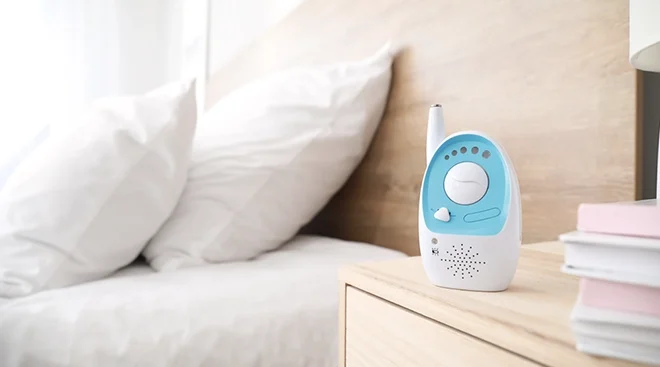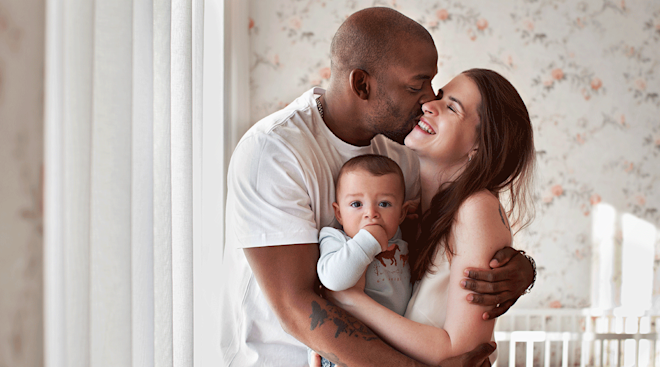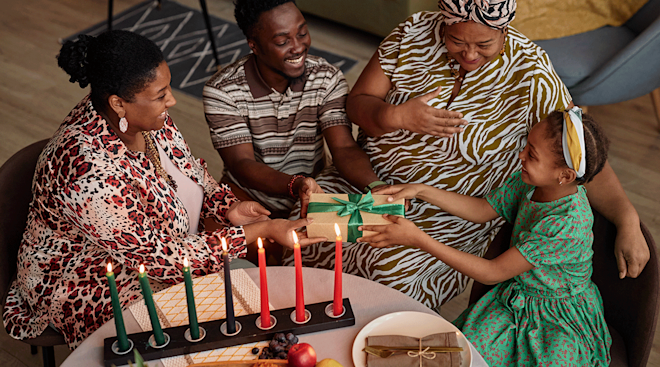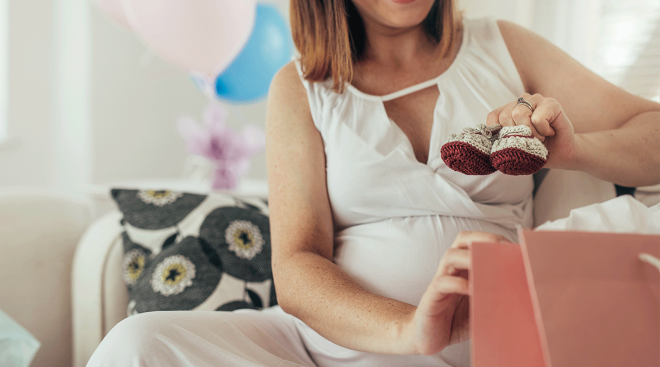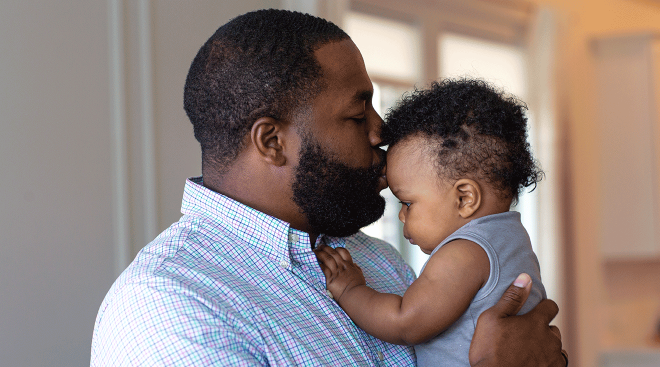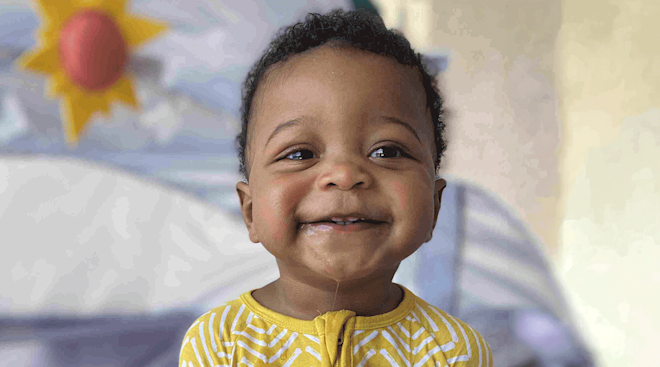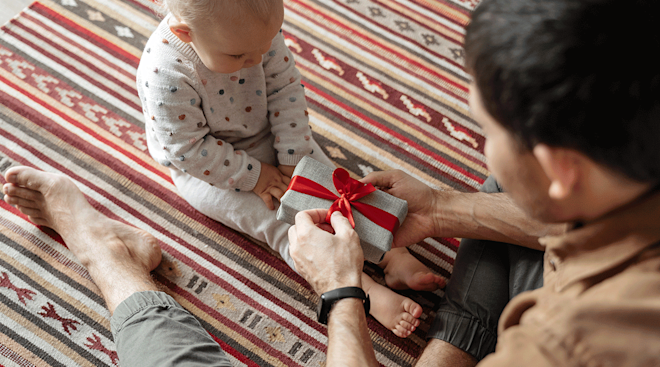A Baby Monitor Could Save Your Sex Life, Study Says
Keeping your sex life alive during the first year of your newborn’s life can be pretty difficult. Between a healing body, sleep deprivation, crib visits, feeding and changing diapers, it can be hard to squeeze in some special time for just the two of you.
Given the importance of sleep and sex for health and relationship satisfaction, a new study published in The Journal of Sex Research aimed to determine what may contribute most to a decline in parent sexual activity.
How was the study conducted?
Using a group of 897 parents with children between 1-18 months, scientists evaluated parent sleep, infant sleep, nighttime parent caregiving and parent-infant room sharing. Participants in the study answered an online survey about their sex life and had their crib visits and nighttime interactions with baby monitored via video for two weeks.
What did the results show?
Data from the study revealed that the more parents engage with their baby at night, the less frequently they have sex. While this may seem obvious and somewhat unavoidable, the study determined that it wasn’t the sleep disruption itself attributing to the decreased sexual activity, but rather the crib visits stunting the action.
In fact, parents who got up to check on their infant no more than once a night reported two times more sex per month on average compared to parents visiting baby more than four times a night. On average, participants in the study reported having sex between three and four times a month, with most (29.5 percent) waiting until 7-8 weeks postpartum to start having sex again.
How might crib visits lead to less sex?
In their discussion, researchers sought to explain why crib visits have such a prominent effect on parents’ sex lives while other factors do not. The team cited a previous study that showed a 10-minute task simulating nighttime caregiving negatively impacted mood, increased depression and fatigue, and decreased vigor. Scientists suggest that this fatigue, depressed mood, and hormonal changes brought on by engagement with an infant and longer interruptions may be the reason more crib visits equals less sexual activity.
While scientists admit that there is still more research to be done, the results of the study point toward the importance of minimizing late-night baby interactions. Funded by a grant from Nanit Pro, a smart baby monitor brand, additional research is encouraged to confirm the results and explore other questions that have arisen from the study.
What can you do to decrease your nightly crib visits?
While there will always be certain things you’ll have to get up for, like diaper changes and feedings, Nanit encourages parents to reduce their crib visits by installing a smart baby monitor that can help them decide when to let baby soothe themselves back to sleep and when a crib visit really is warranted. Nanit boasts that it can even help your baby sleep better. Real-time sleep analytics and personalized expert tips mean that Nanit parents get an estimated 37 more nights of sleep a year.
Despite all the new advancements in technology that can help parents sleep easier, you know what is best for baby at the end of the day. Every newborn’s sleep journey is different, and it can be challenging to balance prioritizing your need for sleep and sex life and feeling confident that baby has everything they need. If you are looking for practical advice on improving your sex life, check out these 7 Ways to Rev Up Your Sex Life After Baby.
Navigate forward to interact with the calendar and select a date. Press the question mark key to get the keyboard shortcuts for changing dates.

































